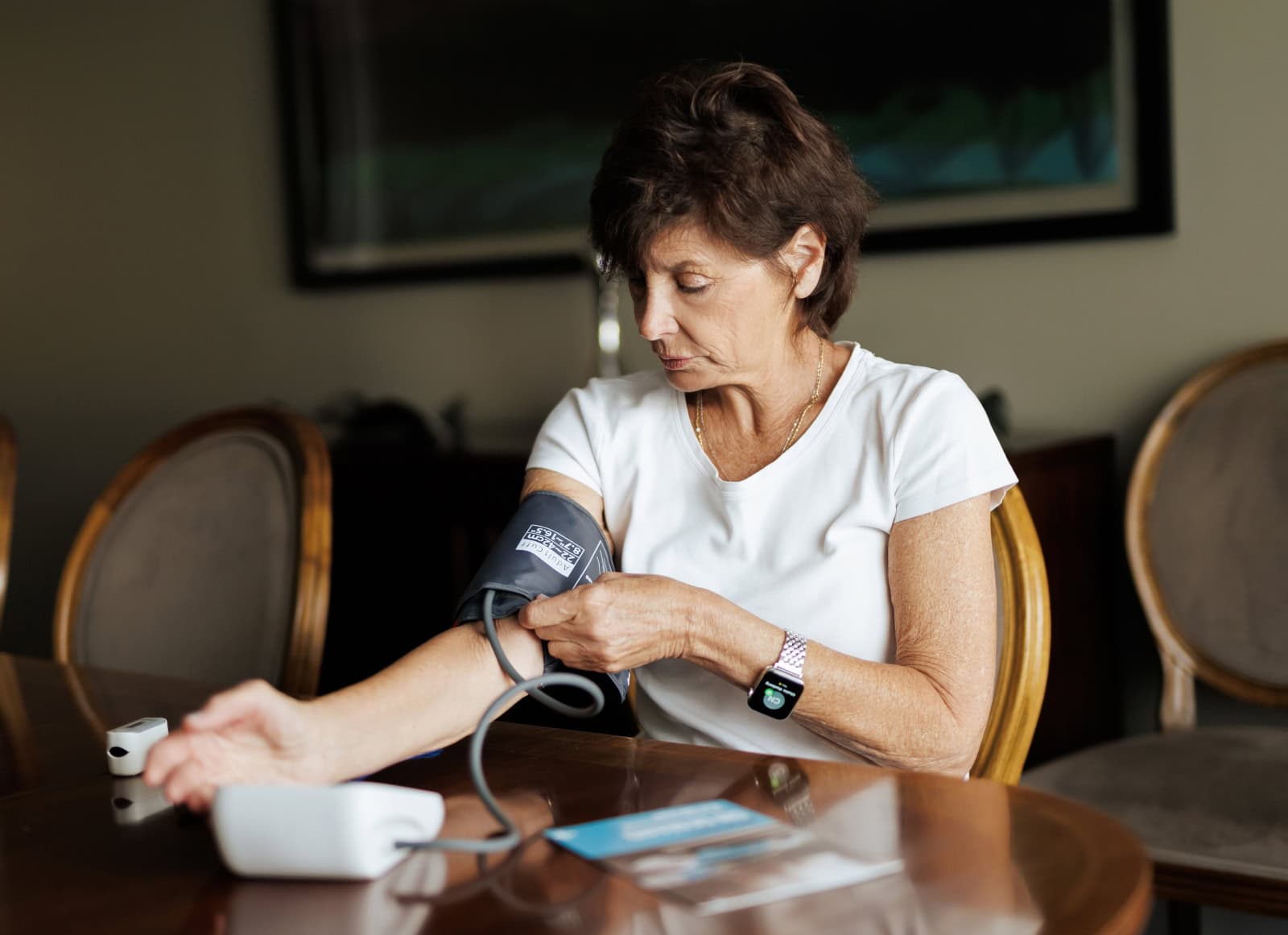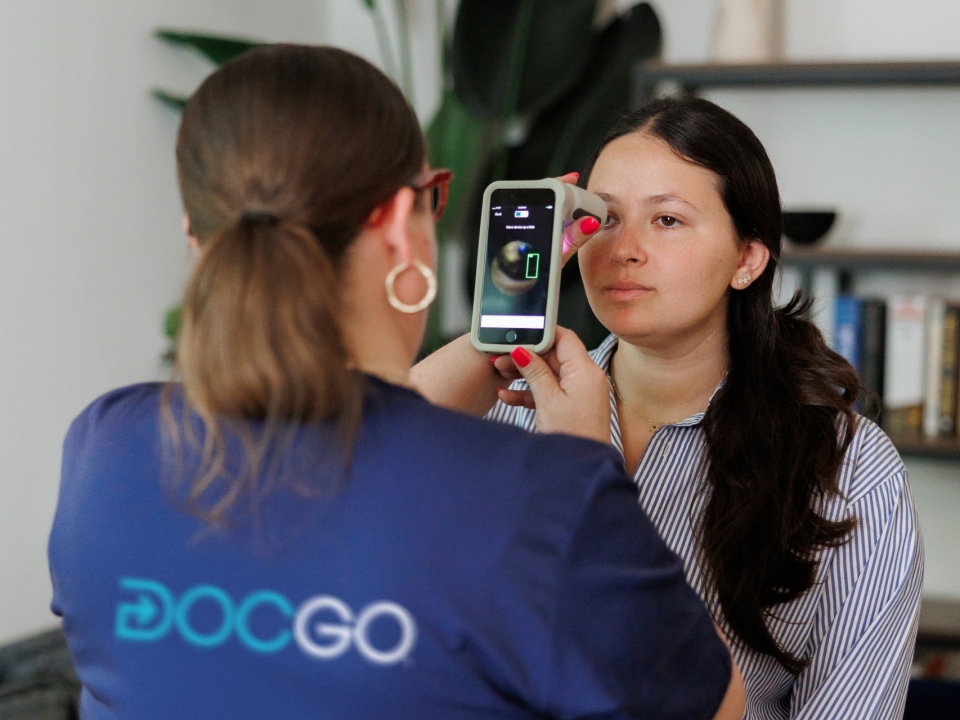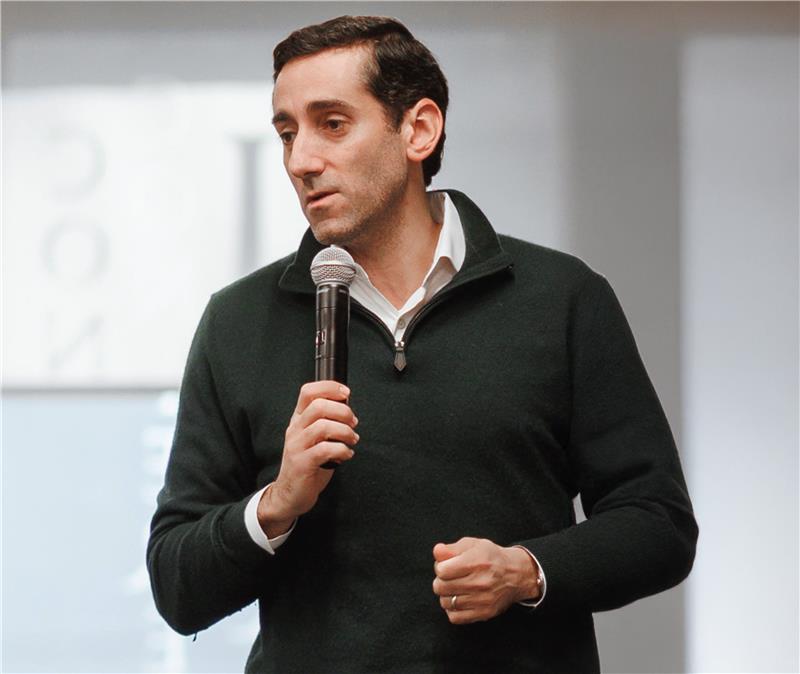Dr. Jesse Roach, a leading nephrology strategist and clinician, focuses on improving kidney health access by removing care barriers through policy, partnerships, and research. Dr. Roach is former Chief Medical Officer at CVS Kidney Care and an Advisory Committee Member at the National Kidney Foundation. He serves as an advisor on the DocGo Medical Advisory Board, advocating for proactive care in addressing Chronic Kidney Disease.
_______________________________________
Chronic Kidney Disease (CKD) is a progressive condition that increases risks of cardiovascular disease, kidney failure, and mortality. According to the CDC, over 35.5 million US adults (1 in 7) have CKD. Chronic diseases like diabetes and hypertension are leading causes of new and worsening CKD, and one-third of adults with diabetes and one-fifth of those with high blood pressure also have CKD. These conditions damage kidney blood vessels, reducing the organ’s ability to filter waste effectively.
Alarmingly, 90% of adults with CKD are unaware they have it, including one-third of those with severe CKD. With 14% of Americans already affected, prevention, early detection, and effective management are crucial to slow CKD progression and prevent severe complications.
The Challenges of Managing Chronic Conditions Like CKD
CKD patients often experience physical symptoms such as fatigue, compounded by comorbid conditions such as diabetes and hypertension. Additionally, depression and other mental health issues complicate self-care efforts. Socioeconomic factors, including financial constraints, limited access to healthcare services, and inadequate social support, frequently hinder patients from obtaining necessary medications and adhering to prescribed treatments.
Roach remarks, “CKD disproportionately affects lower income individuals… When you live in an area with less access to transportation and healthy food options, accessing care becomes more difficult and more expensive.”
Complexity of Treatment Regimens for Chronic Kidney Disease
Managing CKD also often involves strict adherence to medication schedules, dietary restrictions, and regular monitoring of blood pressure and blood sugar levels. The multifaceted nature of these treatment plans can be difficult for patients to navigate without professional guidance. Many patients lack the knowledge and resources to manage their conditions effectively.
Primary care providers (PCPs), such as family doctors and nephrologists, have a crucial role in educating their patients. However, those at risk for CKD do not always get the necessary attention:
“Less than 40 percent of people with diabetes are getting recommended screening for kidney disease… Many primary care providers aren’t concerned in the way that they should be. The screening is really not that difficult,” said Roach.
DocGo’s Proactive Care - The Role of Remote Patient Monitoring
To close the gap in managing Chronic Kidney Disease (CKD), proactive care providers like those in DocGo’s affiliate practice groups (hereinafter, “DocGo Clinical Practice Groups”) offer Remote Patient Monitoring (RPM). It utilizes health technology to track patients’ health data, such as blood pressure and weight, in real-time from their homes. Patients with chronic conditions or comorbidities that increase the risk of progressing to end-stage renal disease—including diabetes, renal disease, hypertension, and congestive heart failure—all qualify for RPM.
“Weight fluctuations can indicate changes in fluid status that can lead to cardiovascular complications that may require hospitalizations. Being able to monitor a patient’s weight and proactively say that you need to come in for treatment… that becomes more and more important,” Roach notes.
RPM devices are cost-effective and user-friendly, typically including blood pressure monitors, glucometers, weight scales (for measuring fluid retention), and pulse oximeters (for monitoring oxygen levels and overall heart health). Health systems use these devices for real-time and trend tracking of key vitals such as longitudinal blood pressure readings, pre- or post-prandial blood sugar levels, pulse oximetry, and acute or chronic weight fluctuations. By monitoring these critical health indicators, DocGo Clinical Practice Groups and their partnering healthcare providers can alleviate the burden on CKD patients, allowing for prompt and proactive interventions. This approach helps manage the disease more effectively, preventing hospitalizations and slowing the progression to more severe stages of CKD.
Cutting Through the Confusion: Specialist Coaching and Support
Upon establishing a medical need for remote patient monitoring or chronic care management services, providers can refer CKD patients to DocGo Clinical Practice Groups, and they can choose between an in-home setup or coordinated equipment delivery with a telehealth onboarding. Patients then log their health data, which is continuously evaluated with any issues promptly escalated to their primary care provider (PCP). Regular check-ins by patient engagement specialists and RPM monitoring by care specialists or nurses, combined with coaching and advice for patients and caregivers, help maintain compliance with CKD care plans. If patients are ever confused about their care plan, virtual care nurses provide guidance, preventing the treatment program from feeling overwhelming.
Leading providers like the DocGo Clinical Practice Groups can boost patient compliance from the national average of 50% to over 90% through regular virtual check-ins, transitional care home visits post-discharge, and proactive annual wellness home visits for non-compliant or hard-to-reach patients. Mobile healthcare supports CKD patients who were previously the hardest to reach.
Value-Based Care - Patient Outcomes and Cost-Effectiveness
Innovative providers like those with DocGo’s affiliate practice groups leverage proactive care to help reduce the cost of care while improving patient outcomes. When providers deliver proactive care through chronic care management programs, studies show there is a $74 cost reduction per member per month for inpatient and outpatient hospitals. By identifying and addressing worsening CKD symptoms and comorbidities, Remote Patient Monitoring (RPM) within Chronic Care Management can help delay the progression from Stage 3 to End-Stage Renal Disease and the need for dialysis. Payors can save as much as $14,000 per patient, per month by preventing or delaying the need for dialysis.
The Importance of Proactive Care
Managing Chronic Kidney Disease (CKD) can take a significant emotional, psychological, financial, and physical toll on both patients and caregivers. However, proactive care models offer a promising solution. By tracking vital health data in real-time and providing continuous support through virtual care and regular check-ins, patient compliance and outcomes can be significantly improved all while reducing healthcare costs. Roach for one is ready for the industry to embrace innovation and proactive care.
“As a community, we’ve been talking about the importance of health equity and social determinants of health for years, but as we get more specific information on our patients, we can identify at-risk groups and intervene early to help keep them healthier and out of the hospital.”








